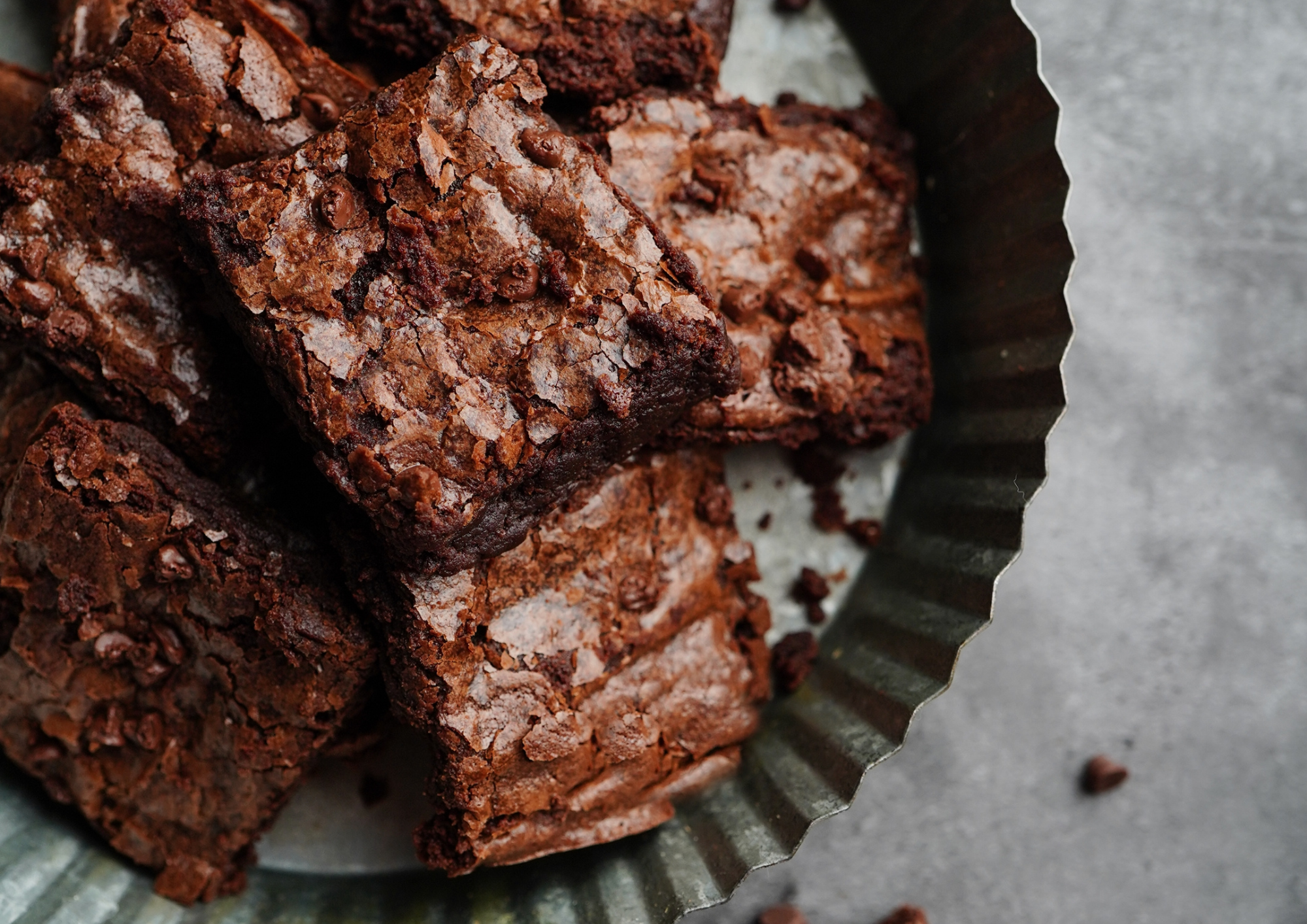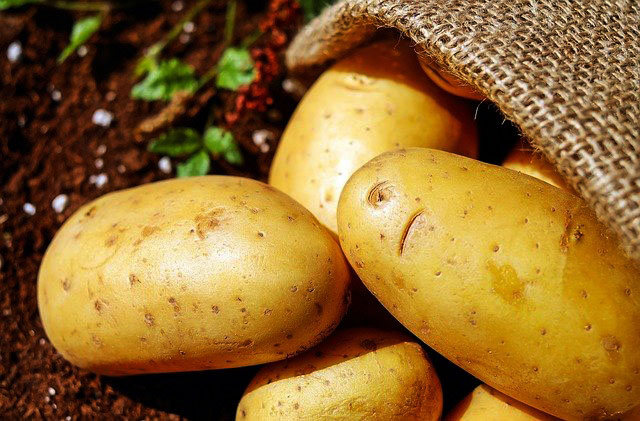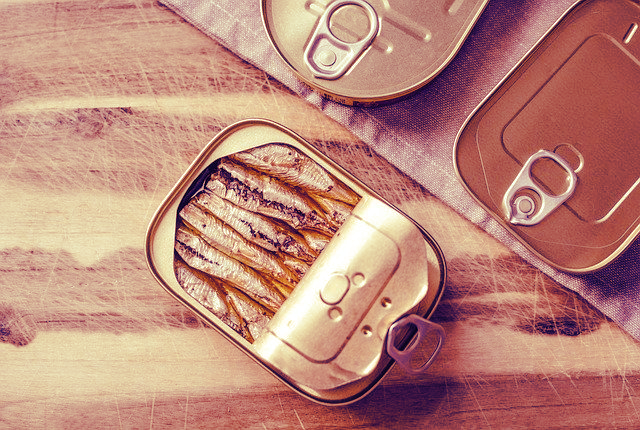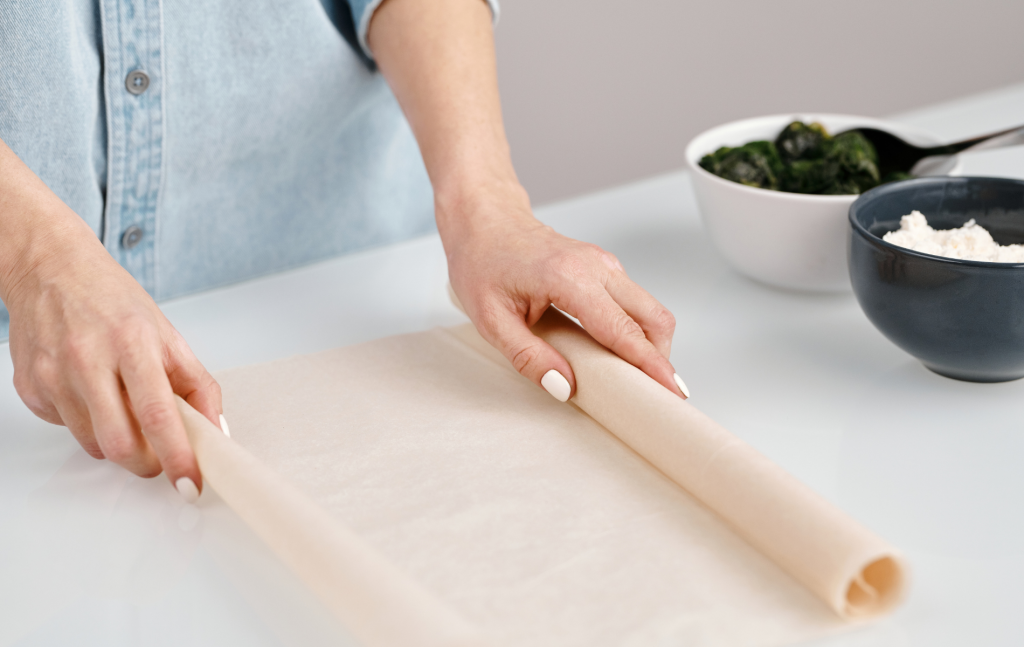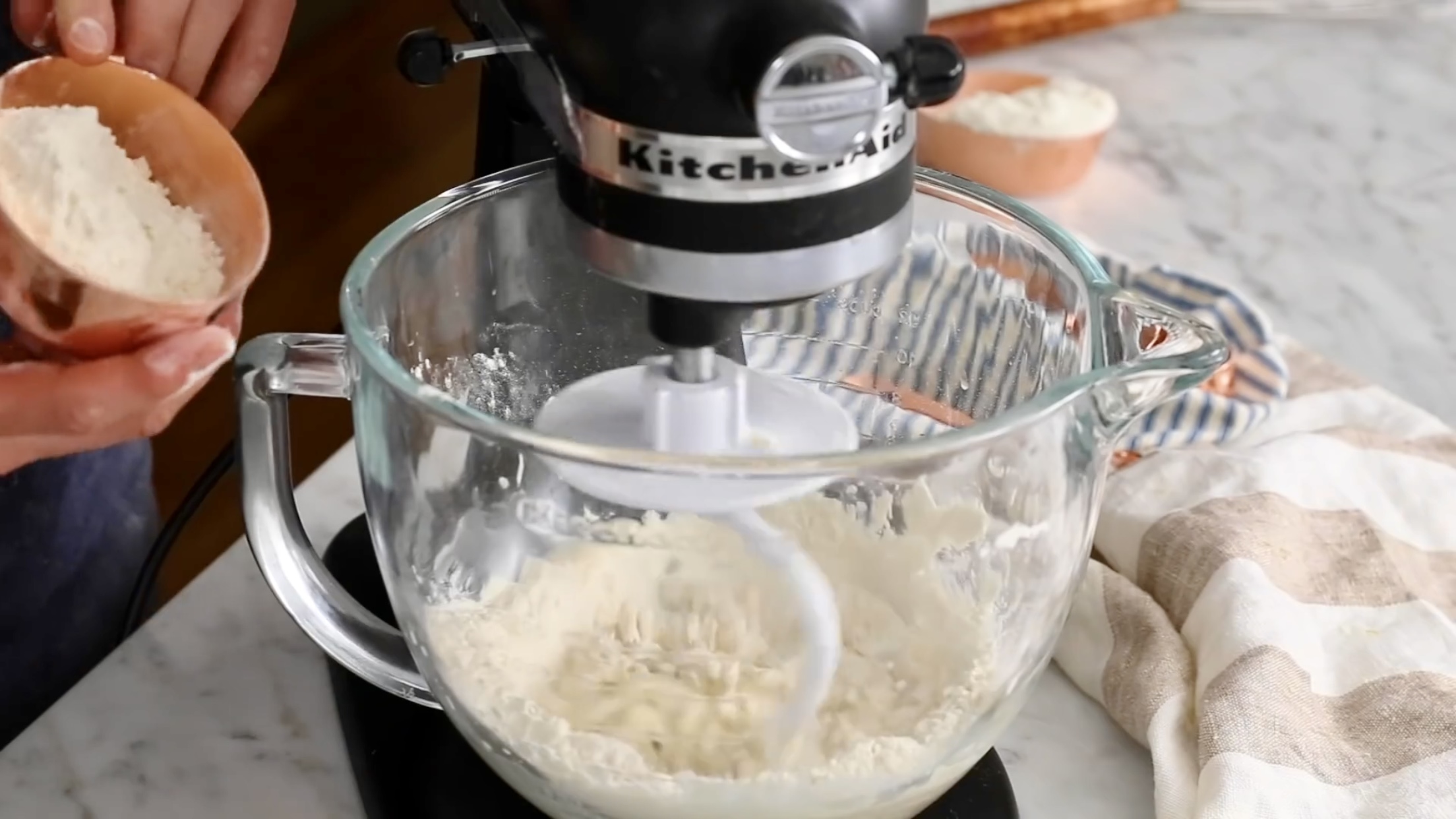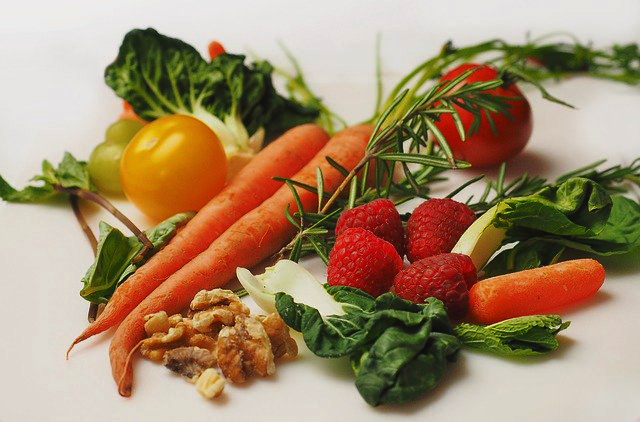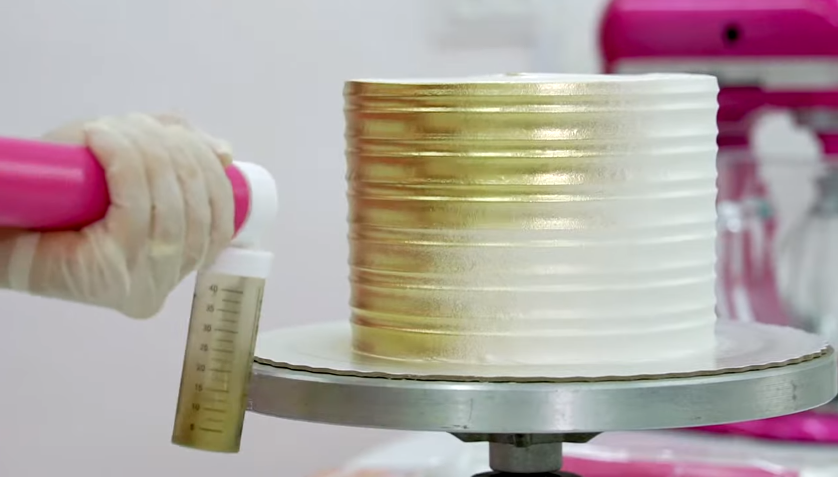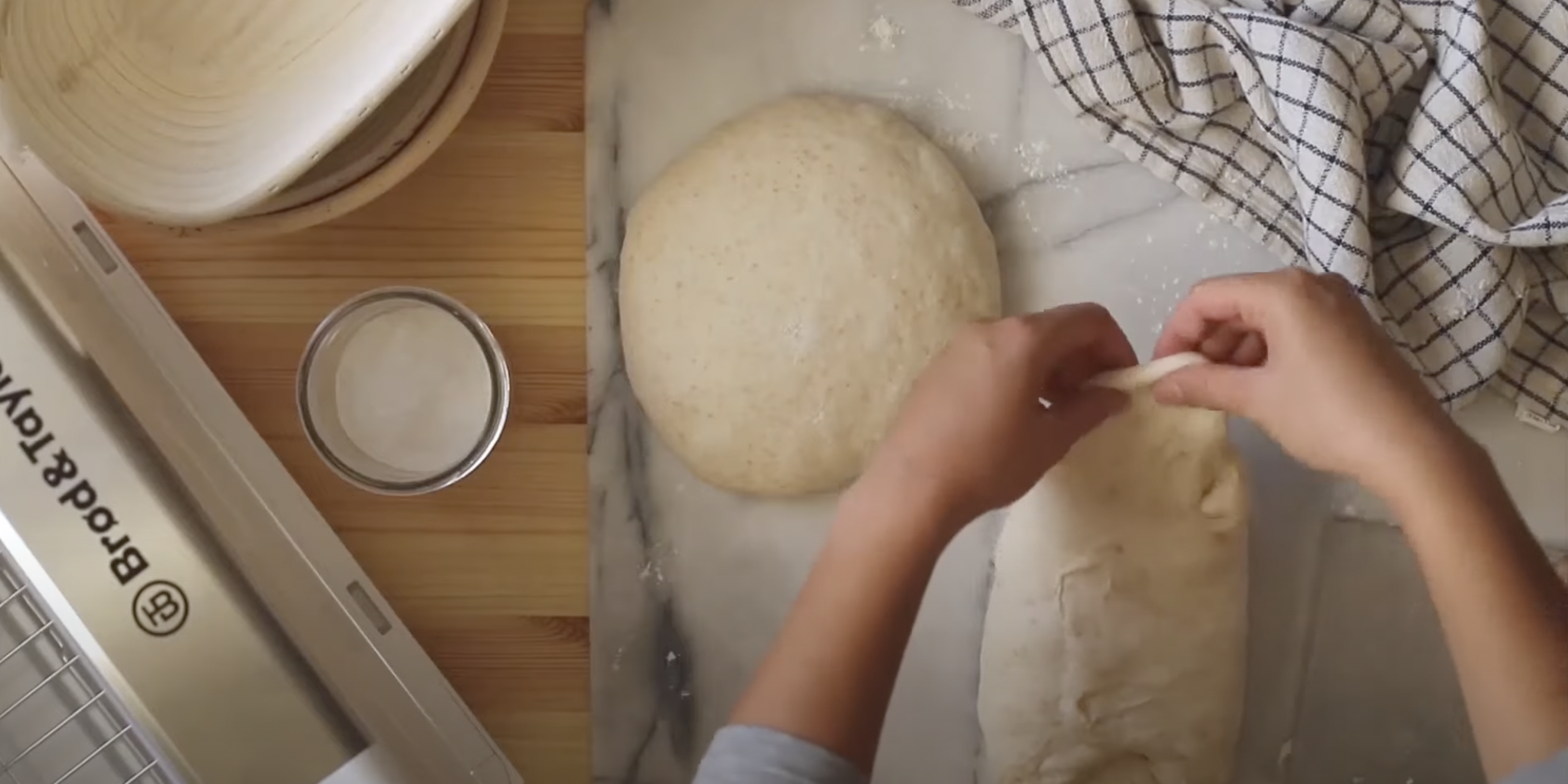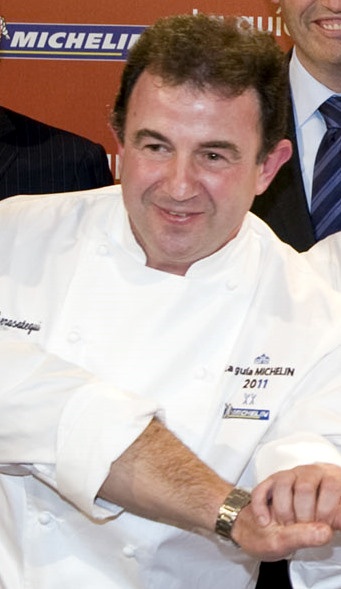The good news is – well, we have only good news, assuming your cupboard isn't completely bare. To substitute 1 teaspoon of baking powder, use 1/4 teaspoon of baking soda, 1/4 teaspoon of cornstarch, and 1/2 teaspoon of cream or tartar. You'll have to do the advanced math to round up to 1-1/2 teaspoons of baking powder.
Actually, since you're mixing it on the spot, you can omit the cornstarch, which is added to baking powder to absorb any moisture and keep the soda and acid from prematurely reacting in the container. For your purposes, we'd add a scant teaspoon of cream of tartar and a scant half-teaspoon of baking soda (in addition to the half-teaspoon already specified in your recipe), get that baby in the oven, and call it a night.
We know a good cook who makes her own baking powder all the time, because she doesn't like the metallic aftertaste produced by the sodium aluminum sulfate found in most commercially produced "double-acting" baking powders. She got the courage to do so from Edna Lewis, author of The Taste of Country Cooking, who made her own baking powder that was a mixture of 2 parts cream of tartar to 1 part baking soda.
If there were bad news – if there had to be bad news – it would be that you can't go the other way. You cannot use any baking-powder mixture when you run out of baking soda. The only reasonable substitute for baking soda (sodium bicarbonate) is potassium bicarbonate, and if you don't have the one, you probably don't have the other, either.
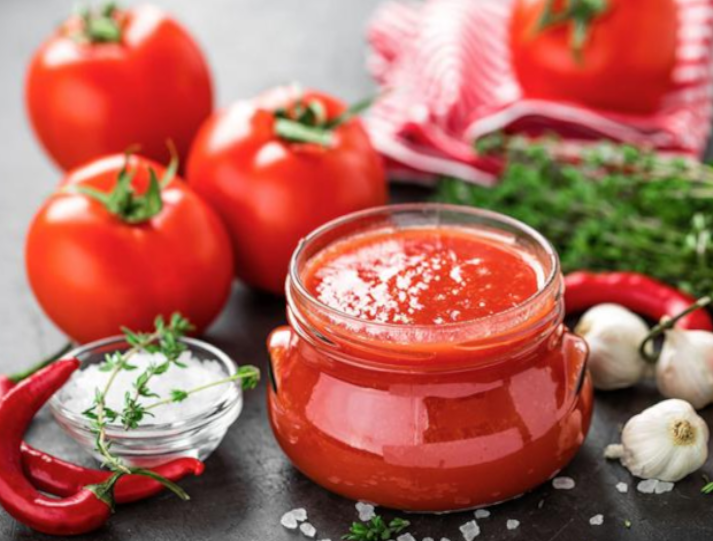
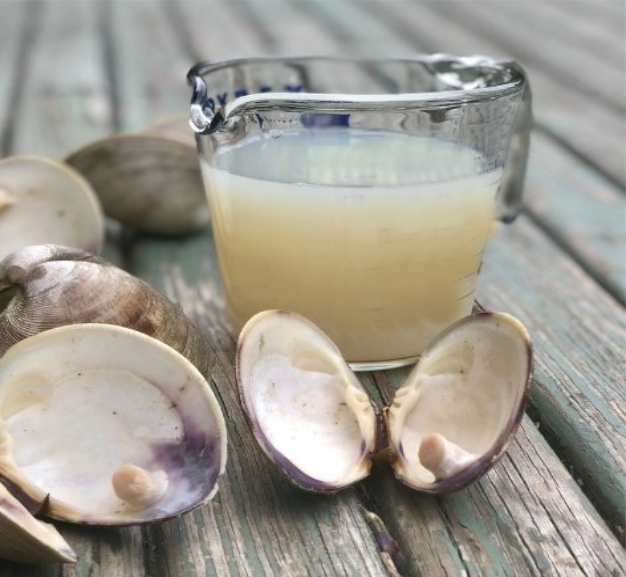


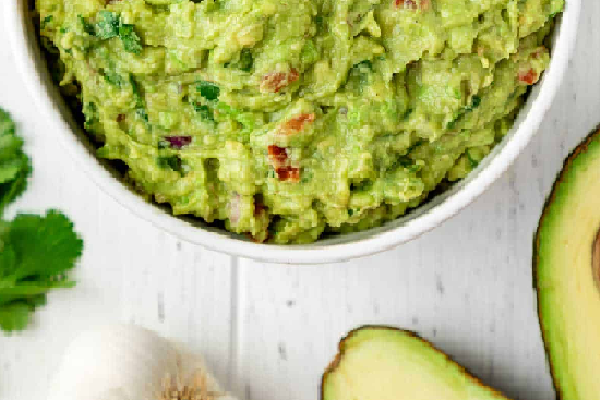
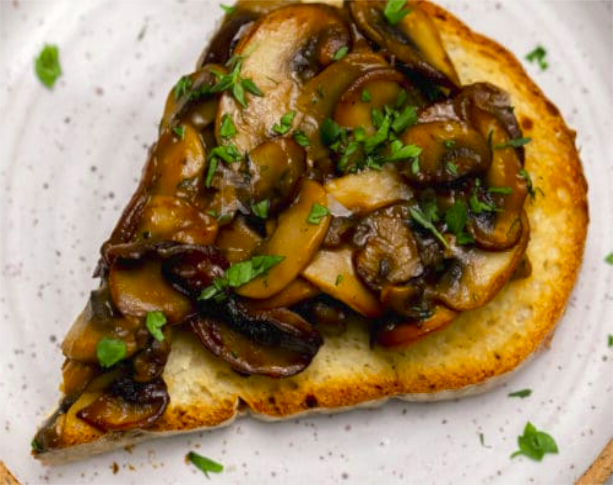
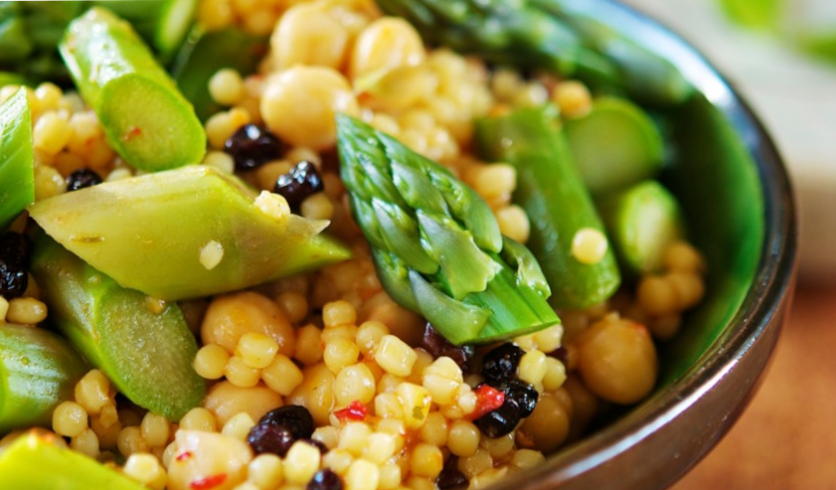
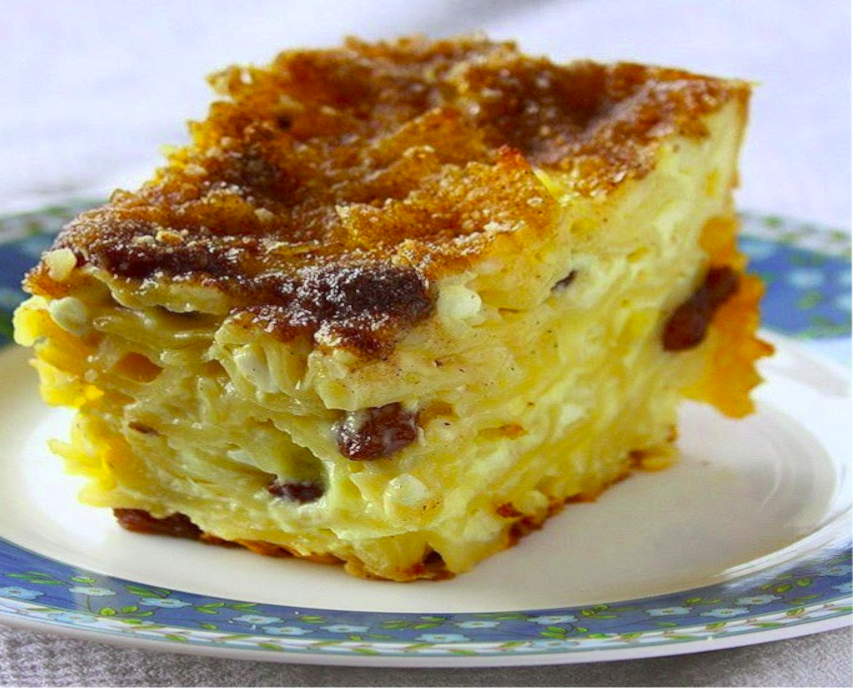
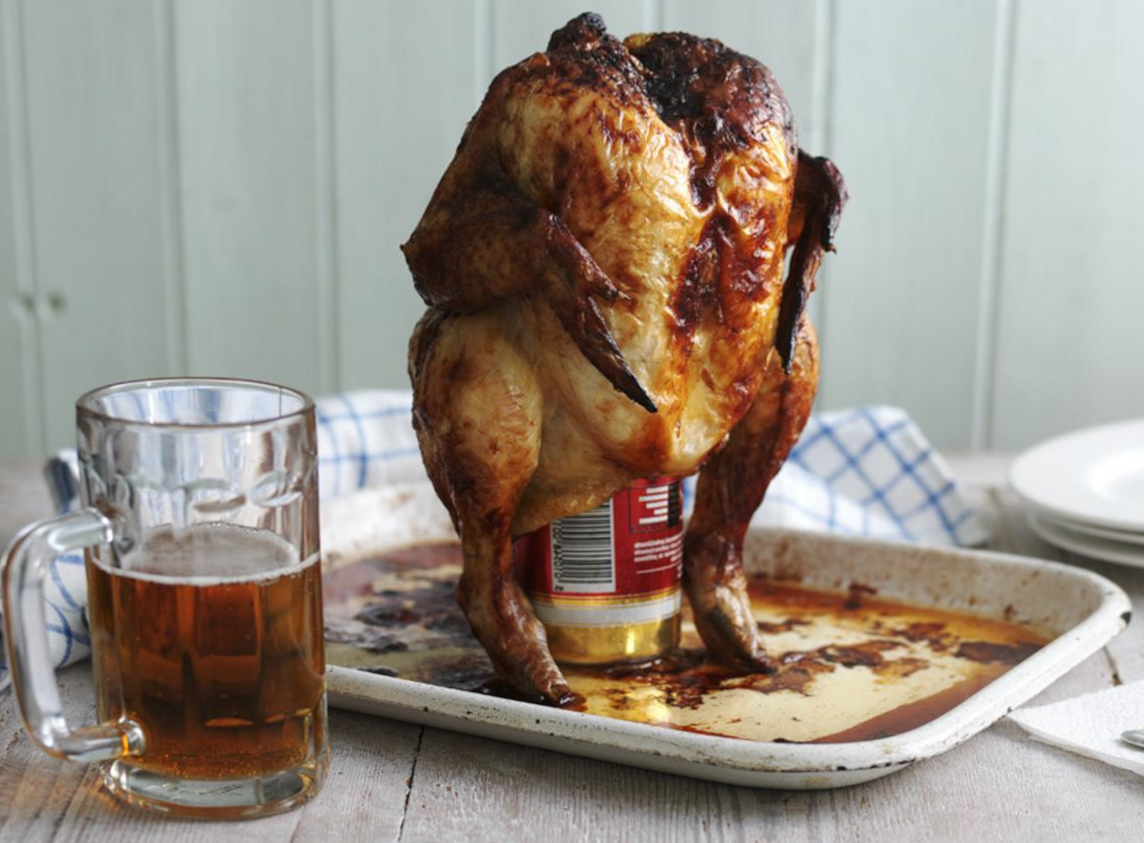
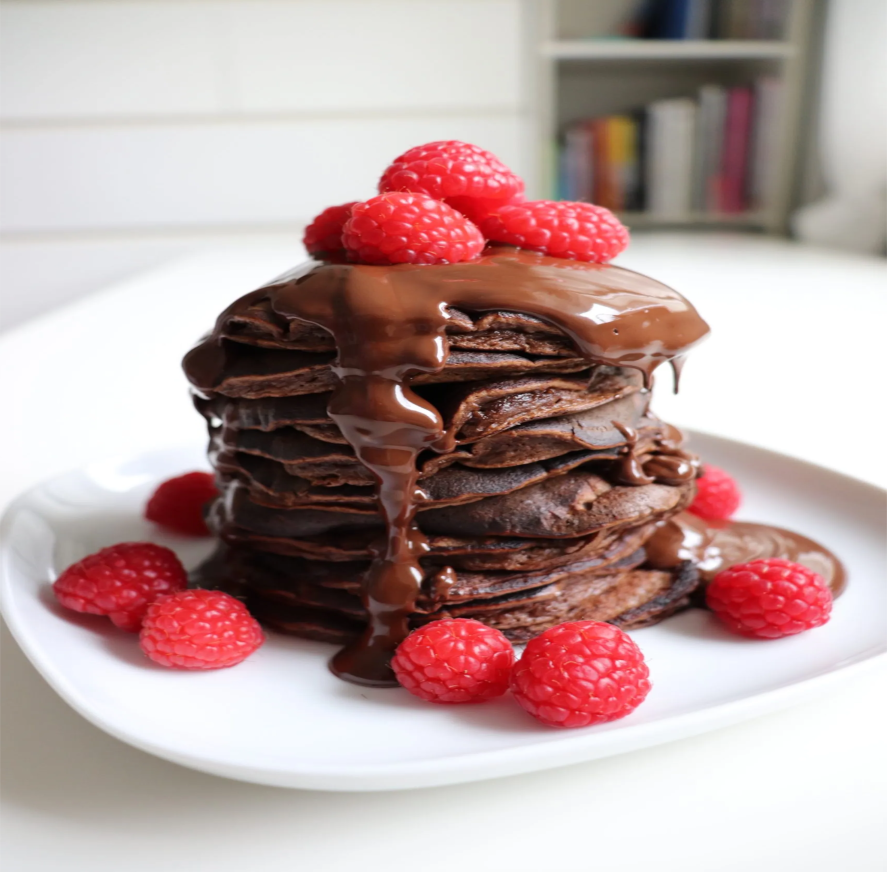
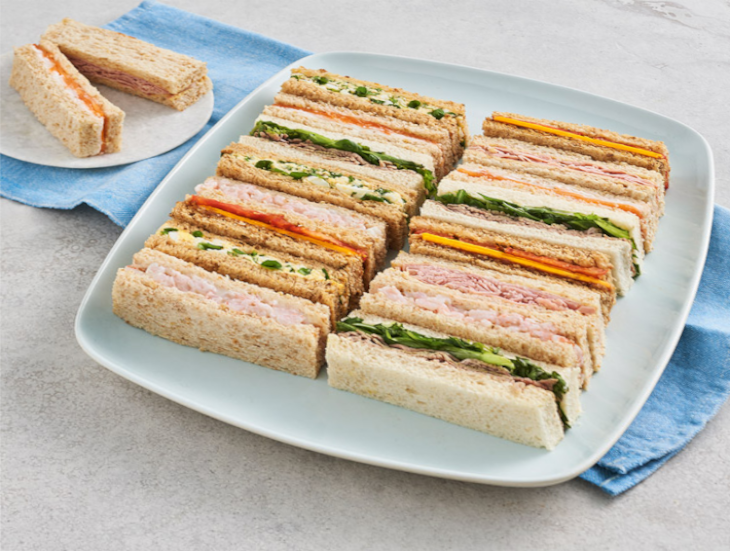



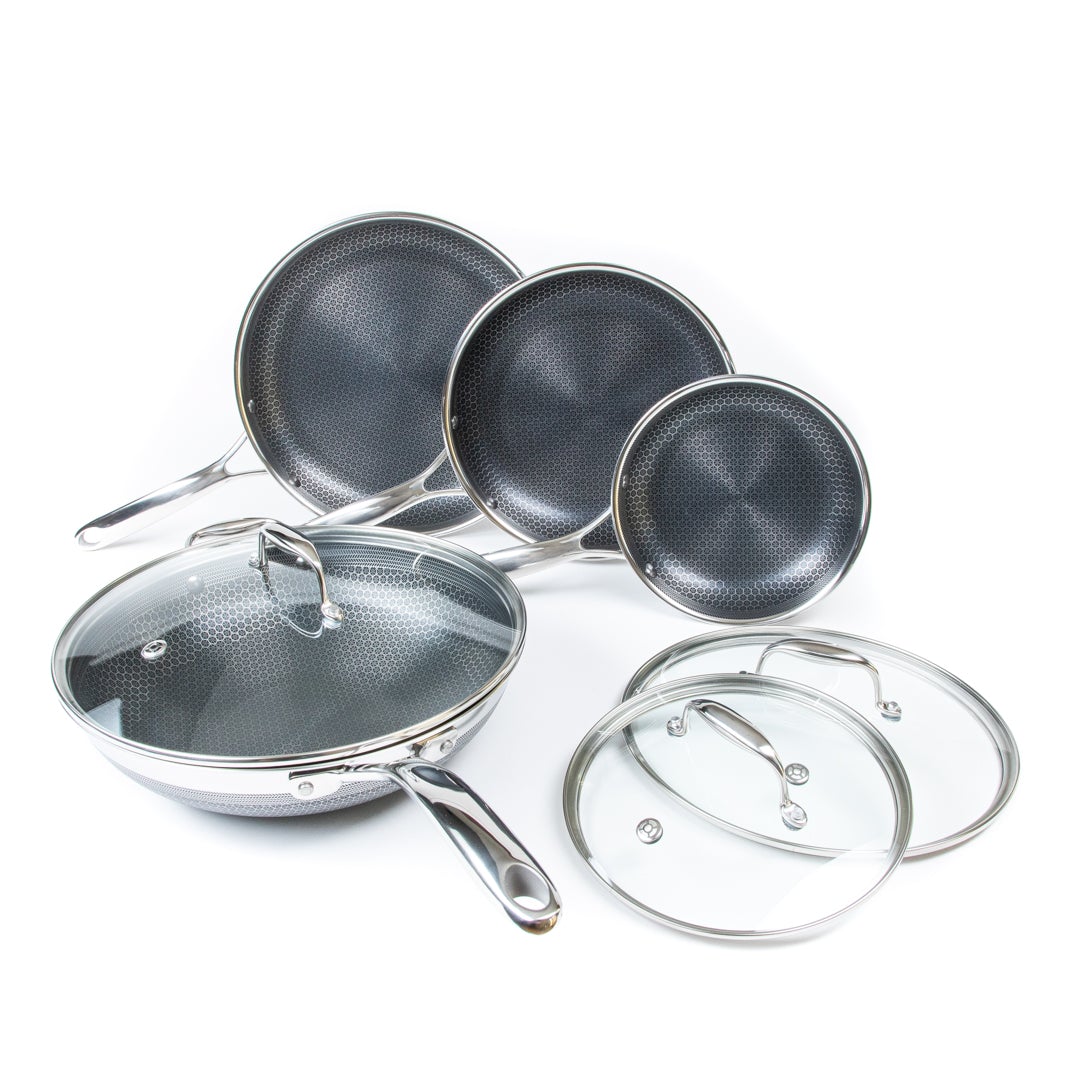
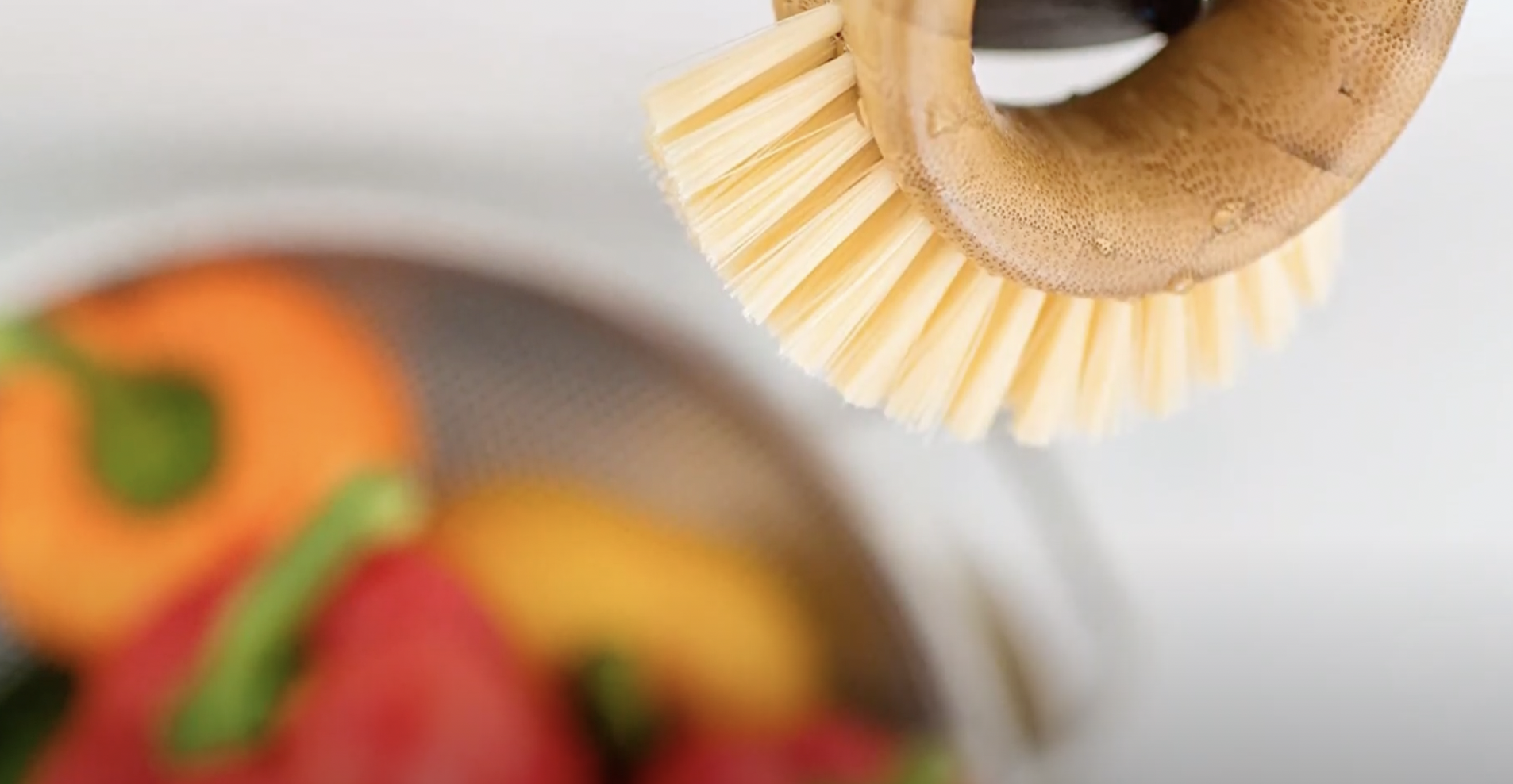
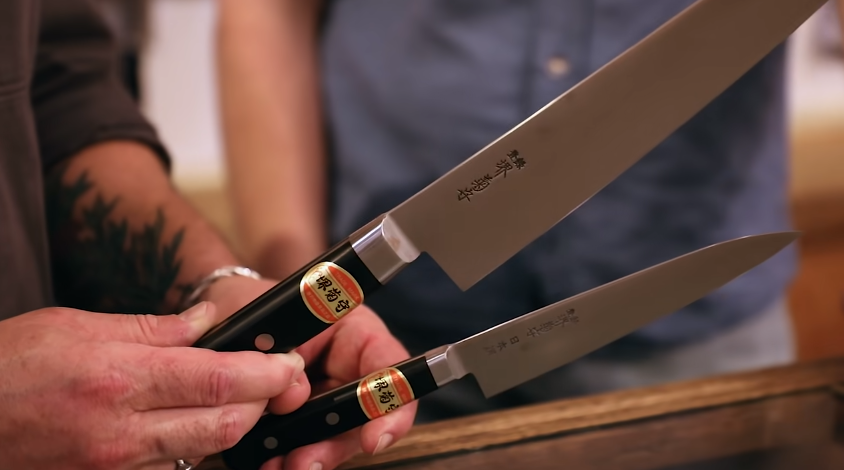
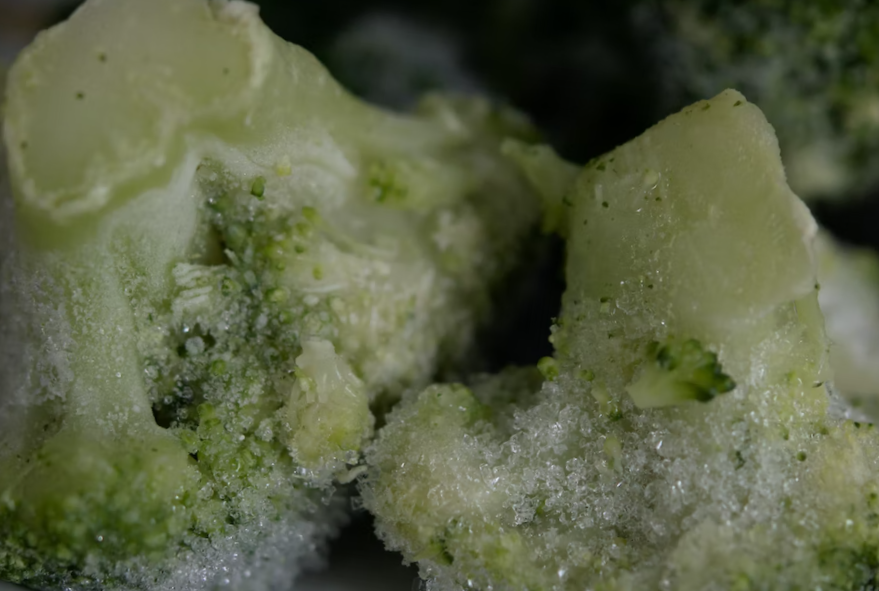
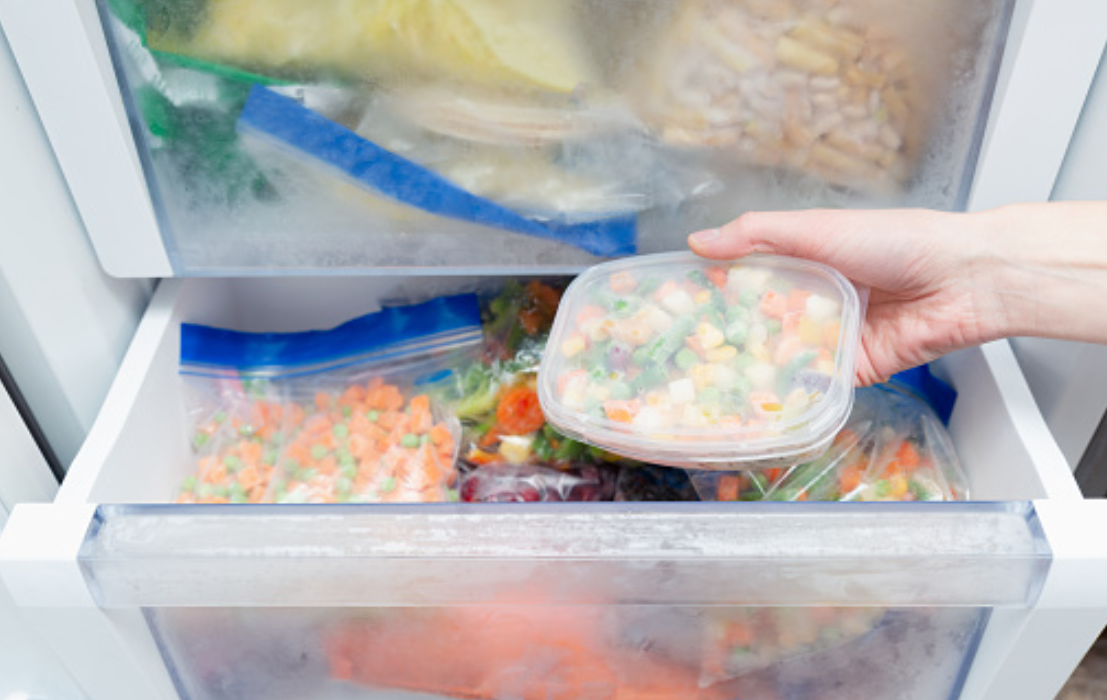
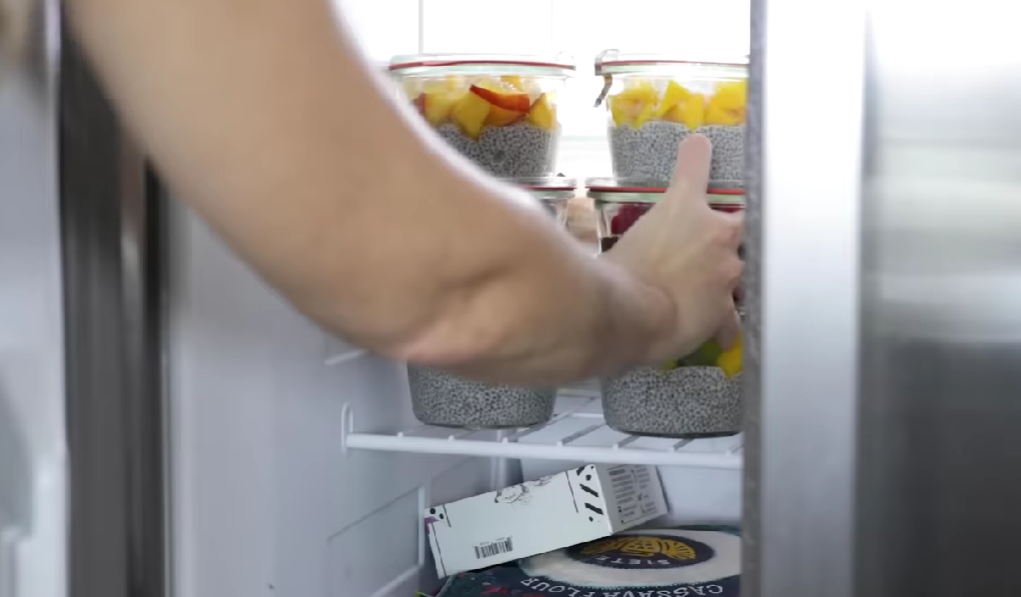
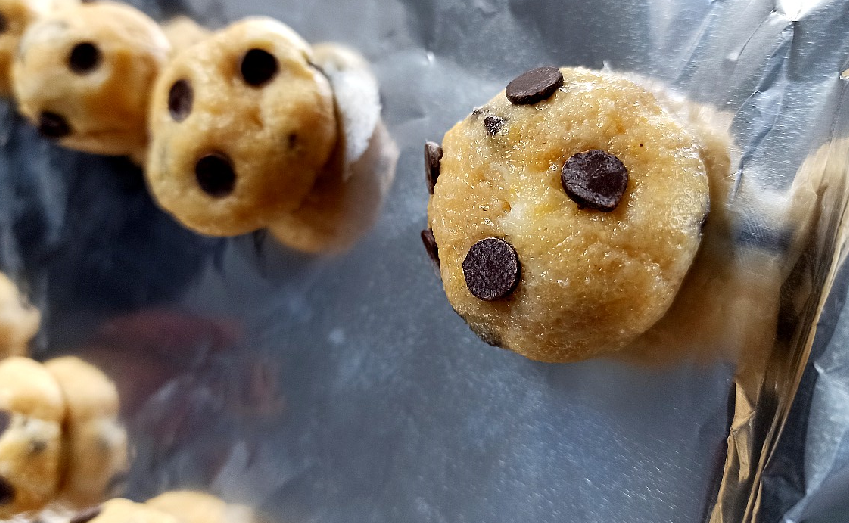
![Can you Cook Eggs in the Microwave? [Complete Guide]](/assets/images/c1f79d1cad59f18f9b5dc31403bd0eb2.png)
